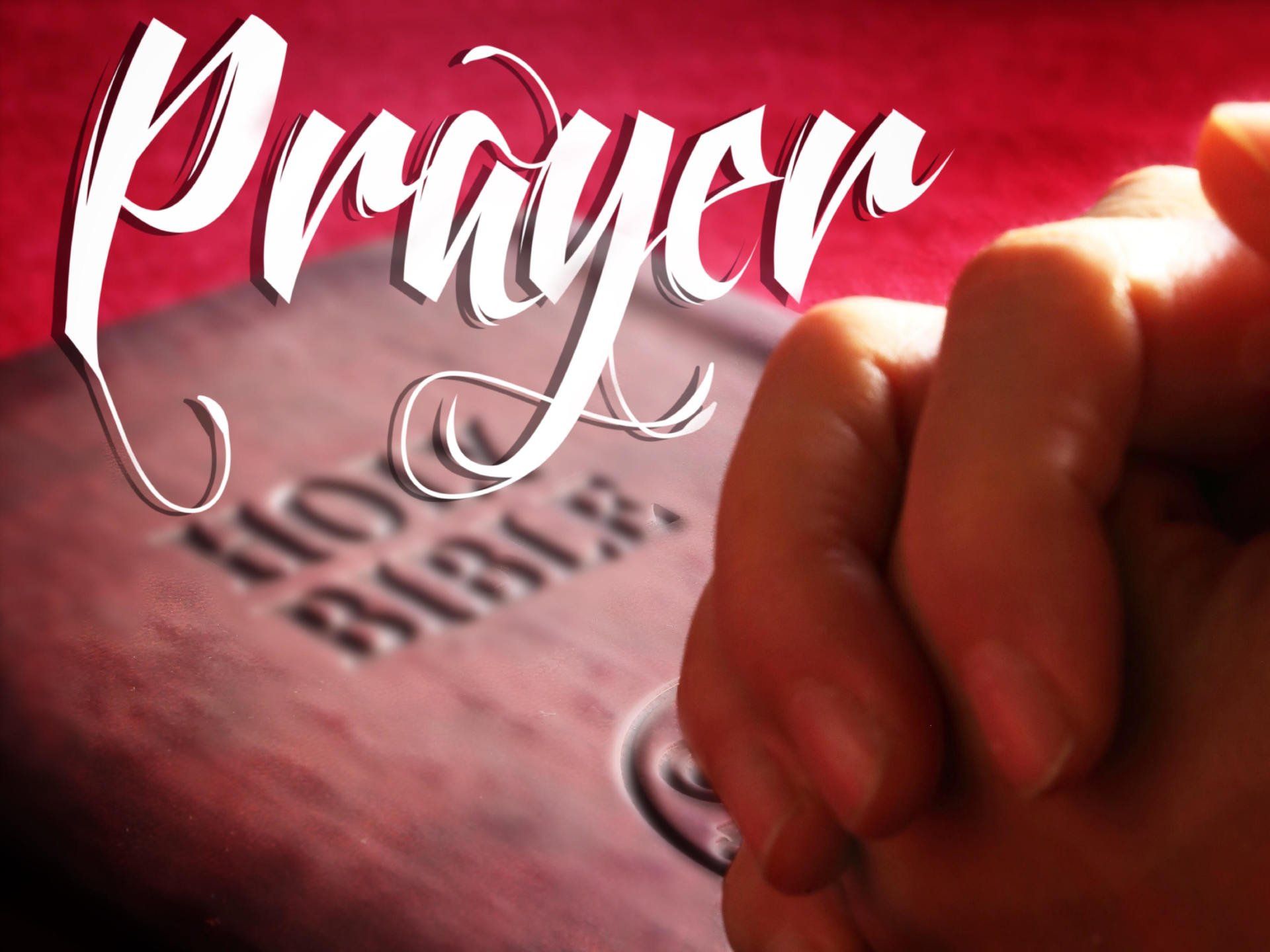Text/Call: 925.233.6224 or follow us on
prayer-week7

Week 7 (6/23/2019)
The Prayer of Prayers (ch.8, pg. 108-119)
For this weeks study please read chapter 8 in the book, “Prayer”, by Timothy Keller. If you have any observations or questions in the reading please feel welcome to bring them to your Life Group.
Due to the nature of this Chapter there are more available study questions than usual. Please feel free to choose the questions you find most compelling for your group. We do ask that all groups address the last comment, #8. Thank you.
Main point for the Study:
Jesus Christ gave us The Lord’s Prayer as the key to unlock all the riches of prayer. Everything we need is found within it. (see Prayer, Keller, pg. 109)
Primary Bible Scripture for the week:
Matthew 6:9—13 (ESV)
9 Pray then like this:
“Our Father in heaven,
hallowed be your name.
10 Your kingdom come,
your will be done,
on earth as it is in heaven.
11 Give us this day our daily bread,
12 and forgive us our debts,
as we also have forgiven our debtors.
13 And lead us not into temptation,
but deliver us from evil.
Study and Reflection Questions:
In Keller’s book, Prayer, chapter 8 expounds upon The Lord’s Prayer as a guide from Jesus Christ in how we are to pray. Keller addresses 7 key petitions found in this very well known passage of scripture (see Keller, Prayer, pg. 108—119). This will provide the basis for this weeks study.
The Lord’s Prayer, petition #1:
“Hallowed be Your Name” (Matt 6:9)
(see Keller, pg. 110—111)
This verse reminds us to keep God’s name holy. It is also an acknowledgement that God’s holiness needs to be evident in those who live by His name (the faithful believers, we the saints). How do believers in Christ practically show the world that God’s name is holy (i.e. that God is holy)?
The Lord’s Prayer, petition #2:
“Your kingdom come…” (Matt 6:10)
(see Keller, pg. 111—112)
This verse asks God to extend his life-changing power over every part of our lives. It also contains a future dimension and directs our gaze toward the eternal. Are there areas of you life that you have difficulty in giving over to God and His kingdom (i.e. areas that you believe if only you try hard enough… you can make it happen)?
The Lord’s Prayer, petition #3:
“Your will be done” (Matt 6:10)
(see Keller, pg. 112—113)
This verse declares that we will trust in God no matter our circumstance. We pray for strength to endure all sorts of hardship and still remain faithful in the goodness of God. If you are able, share with your group an instance when this was particularly difficult to do: a time, or season of your life, that you doubted God’s goodness (or maybe doubted His presence in your life).
The Lord’s Prayer, petition #4:
“Give us this day our daily bread” (Matt 6:11)
(see Keller, pg. 114—115)
The Father does want to hear the needs of His children. In light of the first three petitions we can now come before God in a truly humble manner asking for his provision. Keller quotes St. Augustine saying, “Give me neither poverty (lest I resent you) or riches (lest I forget you).” How does this quote aptly apply to Matt 6:11?
The Lord’s Prayer, petition #5:
“Forgive us our debts, as we also have forgiven our debtors” (Matt 6:12)
(see Keller, pg. 115—116)
This fifth petition addresses both our relationship with God and with others. When we honestly see our sin and humbly seek forgiveness from God it enables us to also grant forgiveness to other when they seek it. Which is personally harder for you: to forgive, or to accept forgiveness? Why do you think this is?
The Lord’s Prayer, petition #6:
“Lead us not into temptation” (Matt 6:13)
(see Keller, pg.116—117)
This verse is not asking that we never be tempted. Rather, we ask for God’s help that we do not succumb to the temptation (i.e. that we not be brought into the temptation). When do you feel you are most vulnerable to giving into temptations: during times or prosperity (when feelings of power and pride arise) or, during times of adversity (when feelings of self-pity and anger arise)? Self-reflect or discuss with your group.
The Lord’s Prayer, petition #7:
“Deliver us from evil” (Matt 6:13)
(see Keller, pg. 117)
Petition #6 speaks to the internal struggles we have with sin while petition #7 is directed toward the external battle we have with “the evil one” (some bible translations use “the evil one” in place of “evil” in verse 13). Some scholars believe verse 13 is addressing two different types of evil that we fight (internal and external), while other scholars believe verse 13 is addressing one common evil. What do you think (remember, even biblical scholars don’t agree unanimously on this one)?
Final comment: The Lord’s Prayer is not intended to bind us to a rigid, formulaic way of praying. This piece of scripture is giving us over-all guidance on topics, emphasis, purpose, and the condition of our hearts when we approach the Father. A final observation that Keller points out is the use of the plural throughout the prayer: our Father, give us, lead us, and deliver us. This is a very significant observation; Jesus could have easily phrased the command using the singular, “My Father, give me, lead me, deliver me.” Discuss what this means, how it affects the way we view prayer, and what it says about the significance of Christian community.
